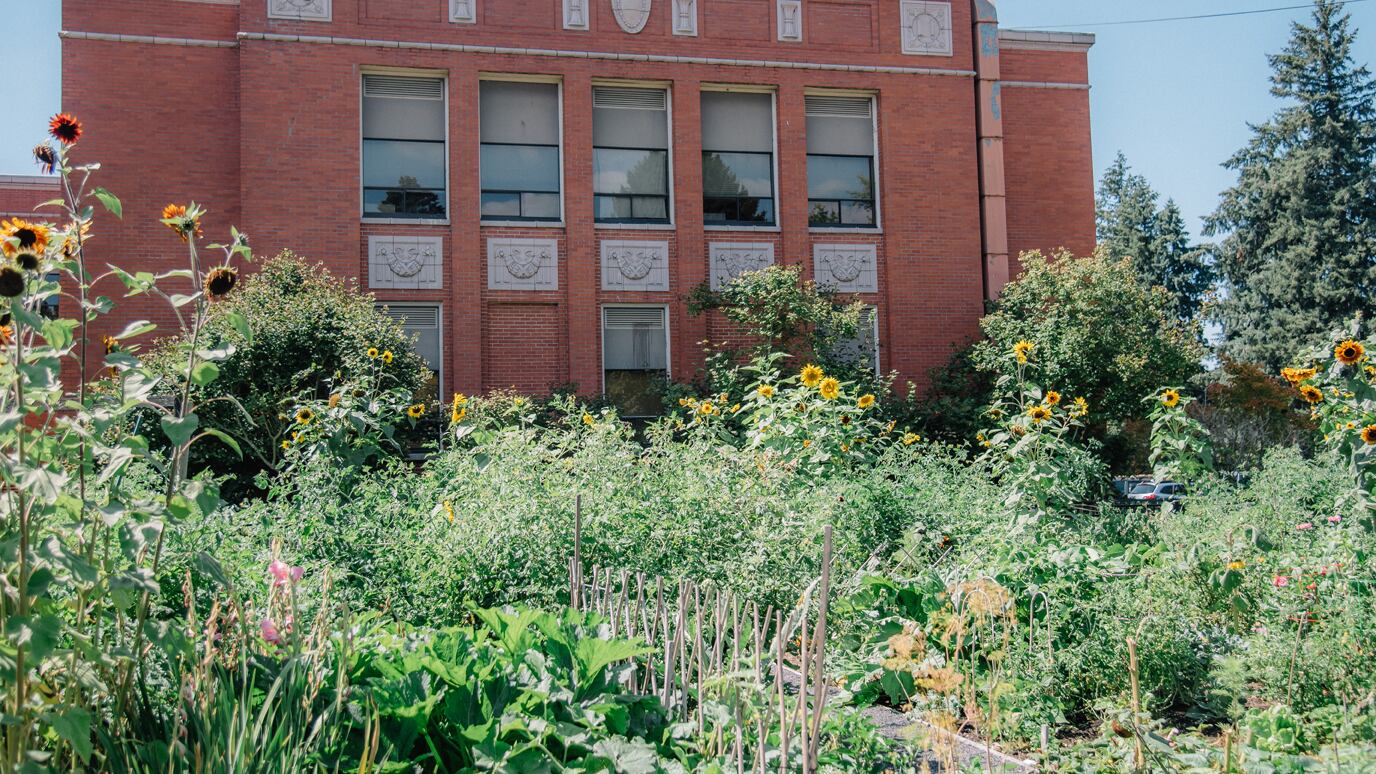Students at Grant High School are pressuring the school's administration following the anonymous posting of names of alleged sexual predators at the school.
In late April, somebody grabbed the attention of students and adults at Grant by posting the names of five male "sexual predators" in the girls' restrooms.
School officials took the lists down, and Grant Principal Carol Campbell wagged her finger at the anonymous call-out.
"There is no way for the police or us to investigate when this is the manner of reporting," Campbell wrote in an April 27 letter to the school. "It also impacts our entire community by making others feel unsafe."
But how did Grant students—particularly female students—feel? We sat down with Grant junior Amelia Ernst, 17. She's a leader in the group Oregon Student Voice, an organization started two years ago to increase students' input into school policies, including how to handle sexual assault allegations.

WW: Any idea who put the lists up?
Amelia Ernst: No. Nobody knows who did it. I did not see them personally—although the names on them did not come as a big surprise. But after they came down, there were pictures that circulated on Snapchat.
Why do you think they did it?
There is a lot of frustration in the student body around normalizing rape culture. Students felt nothing was being done, and maybe [the lists were] the only way students could get people's attention.
Rape culture in the hallways and classrooms, or off-campus?
I don't see blatant assault in the school building. There is underlying sexism, but most of what comes into play is off-campus parties.
The principal's letter alludes to the other side of the story—those named on the lists have been labeled predators without any kind of due process. Is that labeling fair?
These boys haven't been charged with anything—a lot of students acknowledged that. Students were aware putting up the lists wasn't ideal, but something this dramatic had to happen to get people's attention. For the past year, people have been trying to talk about this issue without success. This did start conversations.
So what's happened since the lists came down?
The school is planning on preparing consent trainings and making sure resources are widely available. The most important thing is for the administration to make victims feel safe. If you are in a classroom with your assaulter, that can be really bad. It just boils down to the culture of the school and creating an environment where students can talk to a principal and express what they want. It's complicated, though: Students also don't realize the administration has a lot of restraints.
